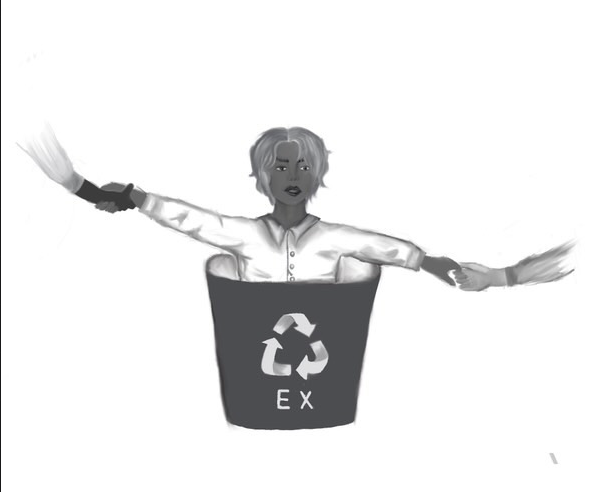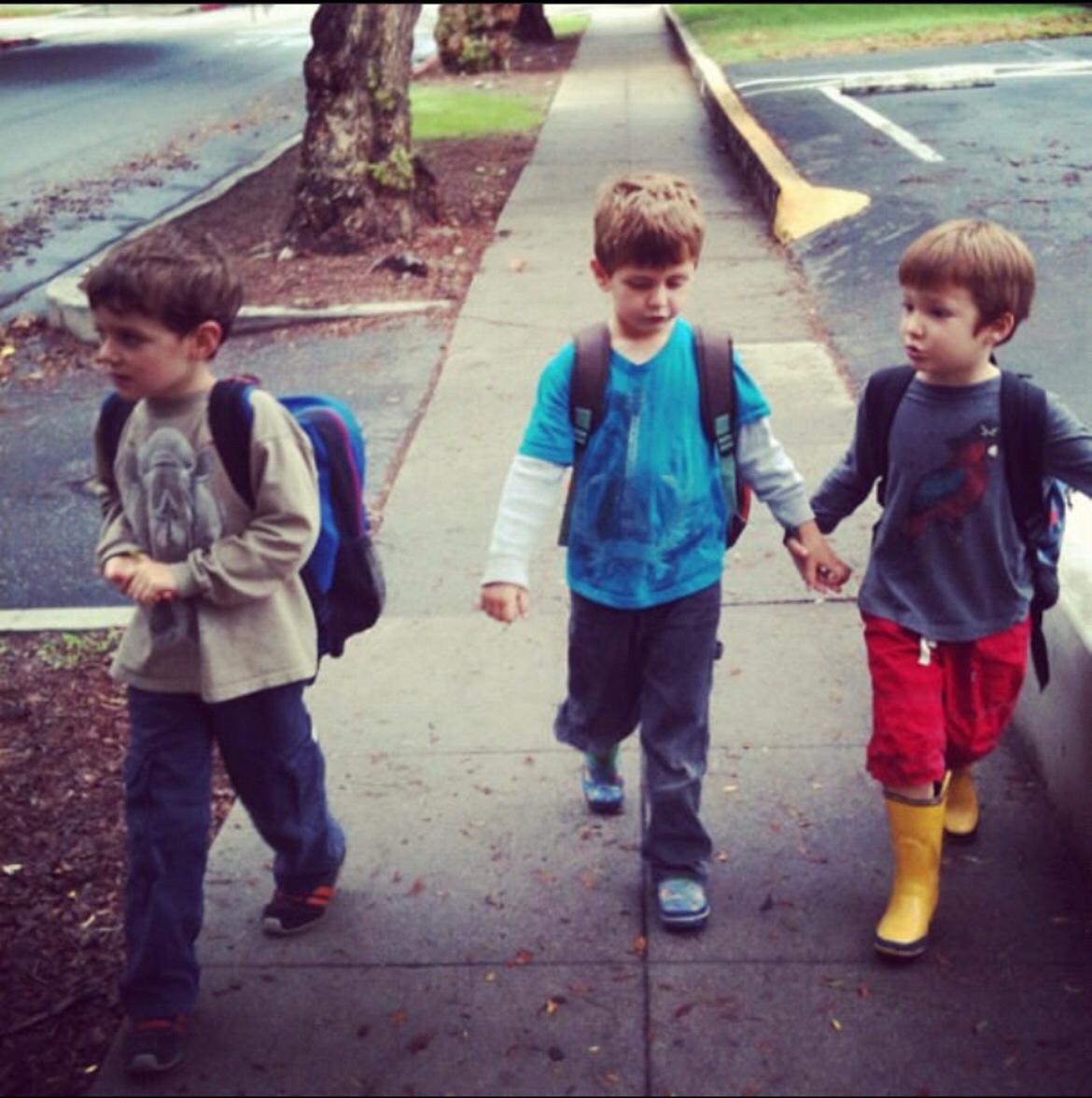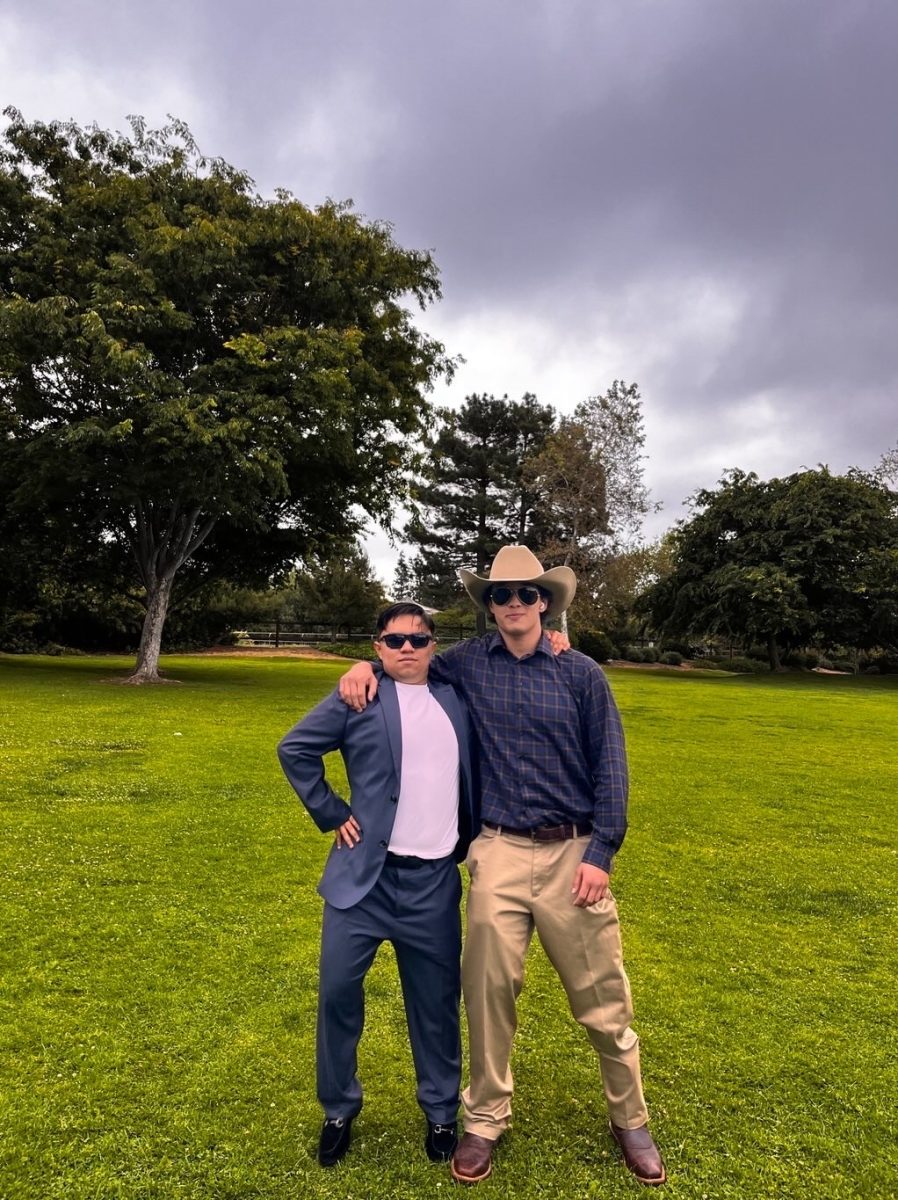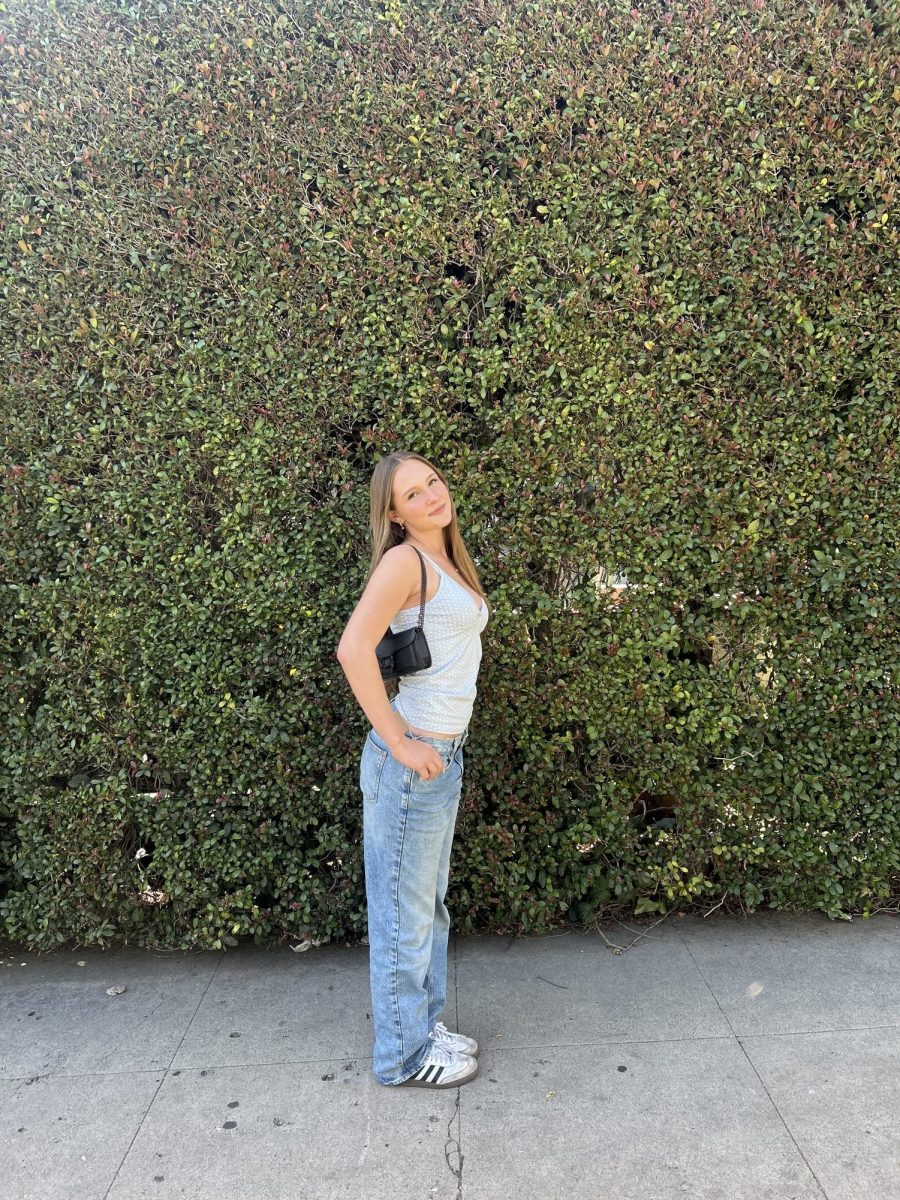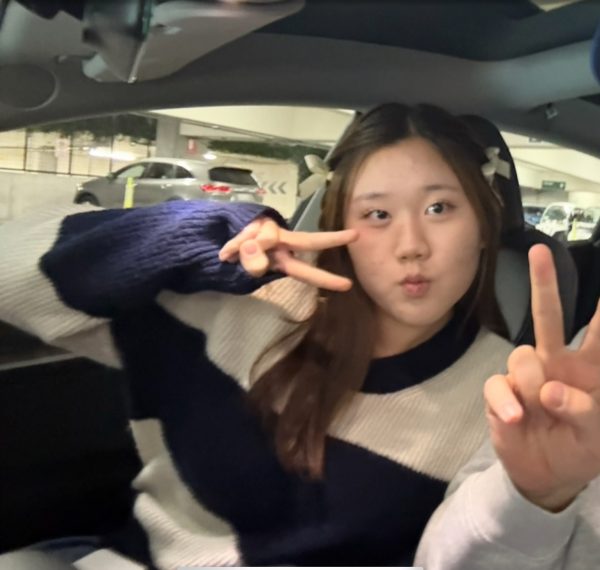“Siblings or dating?” More like “friends or dating!” The term “Friendcest” stems from the words “friend group” and “incest”. The Urban Dictionary defines this term as “the act of interdating among a clique or crowd of friends.” While it is common for colleagues to catch feelings, current generations have unfortunately normalized driving friendship out of the way just so they can dabble in a failed two-week relationship. And every time, it affects everyone in that clique. Many feel uncomfortable or outright angry for the lack of their friend’s consideration. It can even go as far as breaking the friend group apart, and even cutting off ties with everyone within. This endless cycle of breaking up and getting with the next person in line does not show a healthy relationship; it satisfies loneliness and indulges in self exploitation.
In modern society, this phenomenon is present in two prime examples. First, one person will hop around dating their friends, ultimately endorsing a hook-up culture. This influence ends with justified insecurities, lack of trust, and jealousy among peers. These trends have become popularized, leaving one person to create chaos among their own group of support. In fact, this act has become so normalized that many friend groups of mixed genders have fallen for this trap. Those who contribute to this scenario are like chain smokers flying through a pack of cigarettes–they rush through without stopping. CHS freshman Olana Mills shared her insight.
“I think that it affects the friend group in a way where it might break the group apart,” Mills said. “If the entire friend group dates each other and then breaks up, then they all might have something rooted against each other. I just don’t think that’s healthy really.”
The second scenario is when multiple people date each other within a friend group. It is mainly seen to be a huge pool of pairs that tend to meet up with each other. But unlike regular couples, these relationships switch off partners, turning a friend group into a dating frenzy. One person can be dating their friend’s ex, then date their other friend’s ex, and vice versa. The problem with this is that it promotes disrespect to close friendships, with little to no clear boundaries and a weak foundation of loyalty. Friendcest influences all of these issues and tears apart those who never asked to participate. It destroys healthy relationships and penalizes those who were unfairly affected. CHS junior Rukmini Sridharan shared her thoughts.
“I feel like groups that have friendcest just never really turn out that well,” Sridharan said. “It gets so messy once you combine platonic feelings with messy feelings. I think it’s still possible to date someone in your friend group, but it’s about setting boundaries–not over-taking your relationships with everyone else.”
Instead of promoting friendcest, promote real and appreciative relationships. Being in love and sharing that joy with someone should not be about instant gratification, but rather building mutual respect and trust. Friend groups are not a checklist to get through or a recycling center; they are support systems that are supposed to be there to help you through life. It is time to start growing meaningful friendships and toss out the hookup culture: stop nurturing friendcest.



